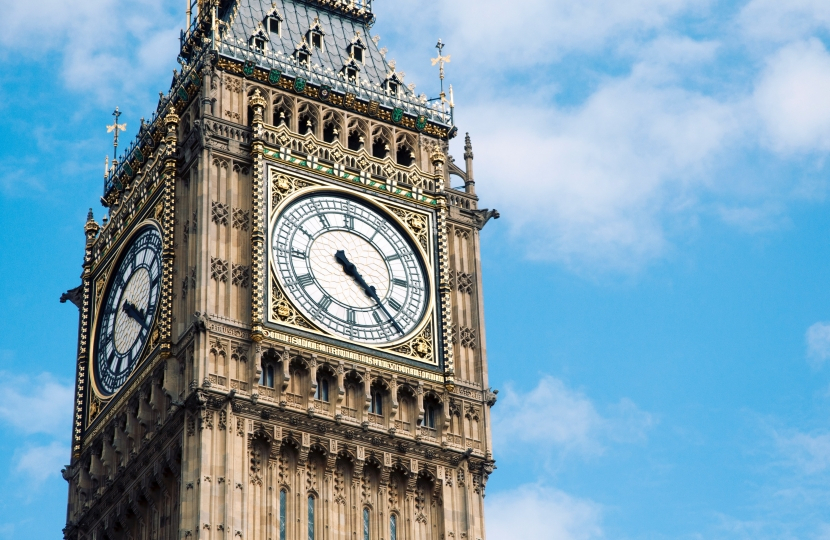
Writing for ConservativeHome, Rehman explains why the danger to Libya is also a danger to the UK.
With international focus on the crisis in Aleppo, the attempted coup in Turkey, and the worrying developments in the Crimea, it is not surprising that there has been so little attention on Libya and what may be, for a troubled country, some welcome news.
At the start of this month, the US started airstrikes against Daesh in the western city of Sirte. This was at the request of the UN-backed Government of National Accord (GNA). Sirte is the third largest city in Libya and was the home-town of Gaddafi. Intelligence experts estimate that Daesh had established a thousand-strong presence in the city – mainly made up of fighters from Syria.
The US strikes, up to 48 by 17 August, alongside the ground offensive by troops from Misrata (which is aligned to the GNA) with assistance from UK and French special forces, appears to have had some success, with Daesh pushed out of the hospital, university and a major convention centre. Again, it is believed that Daesh now control only two parts of the city and, even in these areas, are in retreat.
This is the good news. Daesh had chosen to make Sirte its base in Libya as it sought to exploit the instability in Libya to expand its operations through North Africa. US officials believe that there are as many as 6,000 Daesh militants in Libya.
But this good news may only be temporary if there is no political progress in Libya. Last year, the UN successfully brokered an agreement which was supposed to lead to a political ‘truce’ between the two main political factions in Libya and the subsequent appointment of the GNA, led by Fayez Seraj. The GNA has been in Libya since March this year but is still struggling to assert its authority across the country and has yet to be recognised by Khalifa Haftar and the House of Representatives (based in the east of Libya). There are few signs that these divisions are easing – with the Misratan forces who have been at the forefront of the fight against Daesh in Sirte strongly opposed to Haftar.
Whilst Daesh is not popular in Libya, the GNA is yet to gain significant support amongst the public. To build this support, the GNA needs to be able to show that it is returning the country to normality with an improving economy and the start of infrastructure reconstruction. And this is the catch-22 for the GNA: it will make little progress on this agenda without the support of Haftar; and Haftar is unlikely to provide that support until he sees that the majority of the Libyan people are behind the GNA. In fact, the signs are that the economy is still worsening. Libya is now producing just 300,000 barrels of oil a day against over a million in 2011. Libya needs to produce 800,000 per day just to maintain government salaries and other vital infrastructure spending. The Libyan economy contracted by 23 per cent in 2014 and a further six per cent in 2015. It was widely expected that there will be a further contraction in 2016.
Baralk Obama has said that Libya was the worst mistake of his Presidency. We can’t afford to give up in Libya. It is not yet Syria. We have seen from the Daesh attacks in Sousse, Tunisia and the the ongoing migrant crisis how important Libya is to the UK. And, if the situation does not improve, then we risk jeopardising the progress which the French, and we, made in Mali and the wider Sahel region. There are no easy answers to the Libyan situation – as President Obama knows. We have to continue to support the UN-brokered government and push all sides to that agreement, including the GNA and General Haftar to honour their commitments. Otherwise the military successes this month against Daesh in Sirte may be the only good news from Libya for many years to come.
